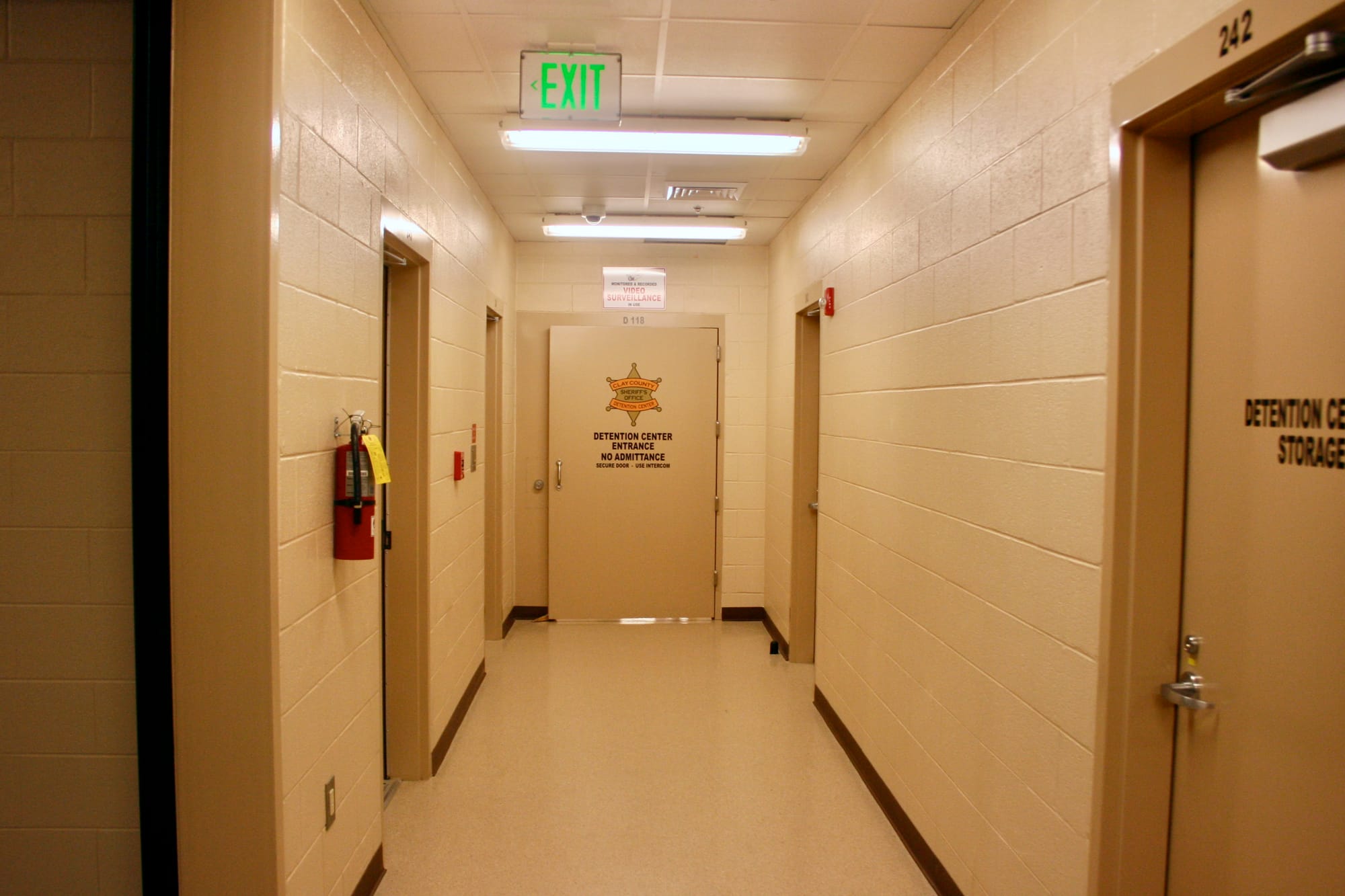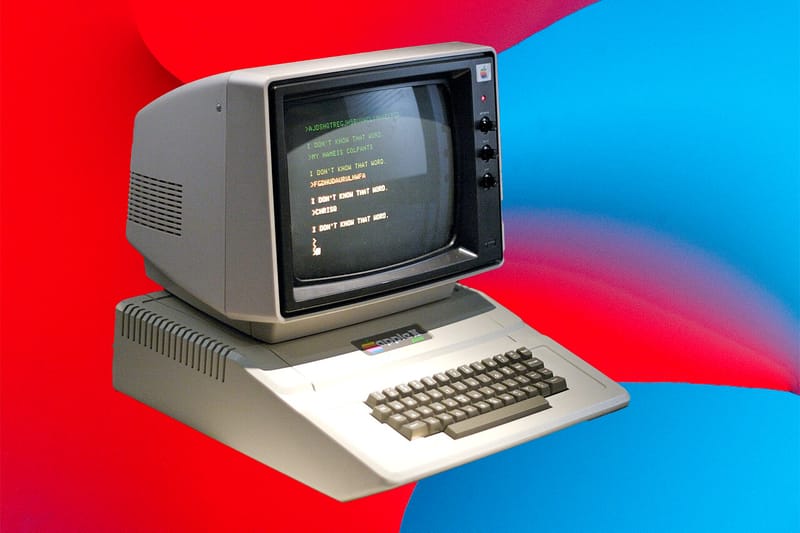Keonne Rodriguez Sentenced to 5 Years in Prison, $250,000 Fine
Sentenced after pleading guilty in July, the Samourai Wallet developer will surrender to law enforcement custody on December 19th.
Keonne Rodriguez, co-developer of the Bitcoin privacy wallet Samourai Wallet, has been sentenced to 5 years in prison and a fine of $250,000 by a New York judge, after Rodriguez plead guilty to conspiracy to operate an unlicensed money transmitting business. Judge Denise Cote’s five-year ruling matched government prosecutors’ request for the maximum possible sentence. Rodriguez’ defense team had requested a sentence of one year and one day, while a pre-sentencing recommendation from probation authorities recommended 42 months.
Samourai Wallet was a non-custodial privacy wallet that allowed users to keep their public Bitcoin balances private by employing CoinJoins, a form of collaborative transaction that break the link between inputs and outputs, and a Samourai-specific feature called Ricochet, that added additional hops to bitcoin transactions, adding layers of privacy to the otherwise public movement of funds.
In July, Rodriguez and his cofounder William Hill plead guilty under §1960(b)(1)(C), money transmitter licensing law that criminalizes the known transmission of illicit proceeds – The same subsection that prosecutors used to convict Tornado Cash cocreator Roman Storm in August.
Rodriguez' sentencing is the second high-profile prosecution under the clause after the Trump administration claimed in the April 2025 “Blanche Memo” that it would no longer prosecute developers for writing code. CoinCenter Executive Director Peter Van Valkenburgh has argued that stripping subsection C from the broader statutory context is a “bizarre” legalend-run.
Earlier this year, Assistant Attorney General Matthew Galeotti stated that, "where the evidence shows that software is truly decentralized and solely automates peer-to-peer transactions, and where a third-party does not have custody and control over user assets, new 1960(b)(1)(C) charges against the third-party will not be approved" – which many hoped to finally end the Biden-era's regulation by prosecution streak.

Privacy is for Criminals
Judge Cote appeared extremely skeptical of any claim to Samourai Wallet’s usefulness for non-criminal ends or general privacy, offering a lengthy critical response to a clemency letter submitted to the court by Rodriguez. While describing the letter as “unusually detailed and lengthy,” Cote said she had a “troubling reaction” to Rodriguez’ letter, which she felt did not convey contrition.
“The defendant engaged … in very serious anti-social behavior … I don’t see the letter [acknowledging] this,” Cote said from the bench. “[It] misunderstands many things. [Rodriguez] identifies his motive as protecting financial privacy. That’s fine, that’s good … but I don’t think that’s what's really at stake here.”
“The defendant doesn’t identify” the specific problem Samourai sought to solve, Cote said. “There is no acknowledgement in that letter of the criminal world for whom digital currency is a gift … There seems to be no recognition of the human suffering that was facilitated by the defendant.”

Rodriguez using Cash, "Suspicious Behavior"
Arguments from the prosecution and defense followed. Government prosecutors reiterated claims and evidence in the indictment, including that Rodriguez and Samourai actively courted criminal users by offering discounts to hackers; soliciting Russian and Iranian sanctions violators; and was “disappointed” when he saw criminal proceeds being processed through competing services.
Prosecutors also described what they characterized as suspicious behavior by Rodriguez prior to his indictment, including using cash to conceal his movements. Echoing Judge Cotes’ reading of Rodriguez’ clemency letter, prosecutors concluded that “the defendant seems to think that 3rd party money laundering simply isn’t a serious crime.”
Rodriguez’ defense attempted to refute those claims, citing Samourai’s non-criminal application in combating “the ability to track people’s transactions on the blockchain,” and citing threats to non-criminal users including recent cases of kidnapping and blackmail. Rodriguez’ defense also claimed ambiguities in the law itself. Rodriguez’ “view was, if you don’t need a [FinCen] license, all bets are off … there is no Bank Secrecy Act” compliance requirement for Samourai Wallet, Rodriguez believed - even if incorrectly.

Rodriguez Speaks Out
Finally, Rodriguez spoke in his own defense. “The letter I wrote to you was something I personally wanted to write, because for the last 18 months I haven’t been able to speak for myself .. You took the wrong meaning from it. I am truly remorseful.”
Judge Cote did not seem swayed, stating that Rodriguez still seemed to be “functioning with moral blinders on” and that “individual deterrence” remained a consideration in her ultimate sentence.
In addition to his 60 month sentence and $250,000 punitive fine, Rodriguez will be on supervised release for three years following his prison stint. 20% of his gross income will be garnished toward the fine after his release, as will $25 a month or up to 50% of any income earned in Federal prison work programs.
Rodriguez had additionally been charged with conspiracy to commit money laundering, a charge that was dropped in return for Rodriguez' guilty plea. The Government's sentencing memorandum yet relied heavily on money laundering allegations, as well as allegations of sanctions evasion, which it mentioned over thirteen times – despite sanctions evasion never being brought as a charge.
Rodriguez does have avenues to appeal his sentence, Judge Cote stated. Defense requested he be placed in a minimum security prison near his Pennsylvania home. Both prosecution and defense agreed Rodriguez could be released until his surrender for prison on or before December 19th.
As of press time, Rodriguez’ co-developer William Hill is scheduled to be sentenced tomorrow at 11am ET at the Southern District of New York.
Independent journalism does not finance itself. If you enjoyed this article, please consider making a donation. If you would like to note a correction to this article, please email corrections@therage.co









